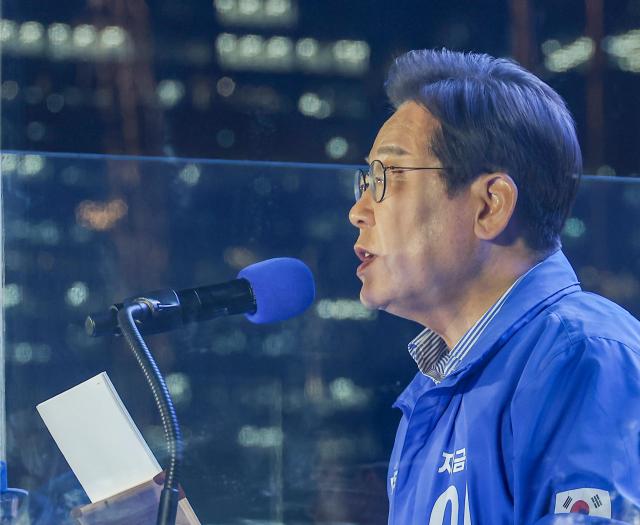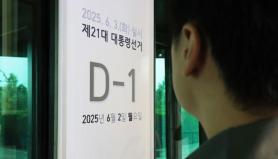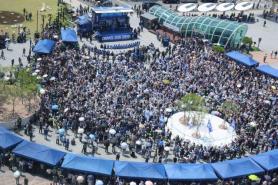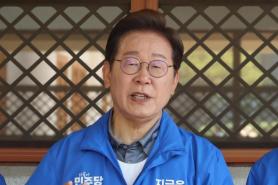
At the center of Lee's diplomatic strategy is a push for pragmatic engagement with major powers while maintaining the foundation of the United States–South Korea alliance.
He has cautioned against a one-sided foreign policy approach, arguing that South Korea must adapt to shifting global dynamics and avoid following any single country unilaterally. Lee emphasizes that even long-standing allies like the United States are adopting protectionist policies, which calls for greater strategic independence.
His "New Asia Strategy" aims to update previous diplomatic frameworks to better match today’s geopolitical realities. It includes expanding strategic cooperation with China, Japan, and Russia. Lee argues that China and Russia should not be treated as enemies by default, while also acknowledging the need to address unresolved historical tensions with Japan.
Lee also calls for stronger ties with the Global South, identifying Southeast Asia, Africa, and Latin America as key diplomatic and economic partners.
This multipolar approach is central to his broader plan for securing South Korea’s long-term strategic autonomy in an increasingly complex world. He has pledged to launch an emergency task force focused on trade negotiations to better manage economic tensions with Washington.
On North Korea, Lee calls for a shift from confrontation to phased engagement and gradual denuclearization. His campaign outlines a plan to restart inter-Korean dialogue, reduce military tensions through step-by-step measures, and pursue humanitarian initiatives such as family reunions.
While maintaining deterrence, Lee supports restoring cooperative projects designed to build mutual trust between the two Koreas.
In terms of defense, Lee emphasizes conventional capabilities within the U.S.–South Korea alliance and opposes the deployment of tactical nuclear weapons or pursuing an independent nuclear arsenal.
He proposes adopting AI-enhanced military technologies and establishing a hybrid conscription system, offering service members the option of short-term military service or longer professional careers. His administration would also focus on strengthening missile defense systems and boosting the defense industry's international competitiveness.
In a Facebook post on Tuesday, Lee promised to create a "robust security powerhouse where elite soldiers, armed with cutting-edge equipment and weapons, proudly dedicate themselves to defending the homeland."
Copyright ⓒ Aju Press All rights reserved.




